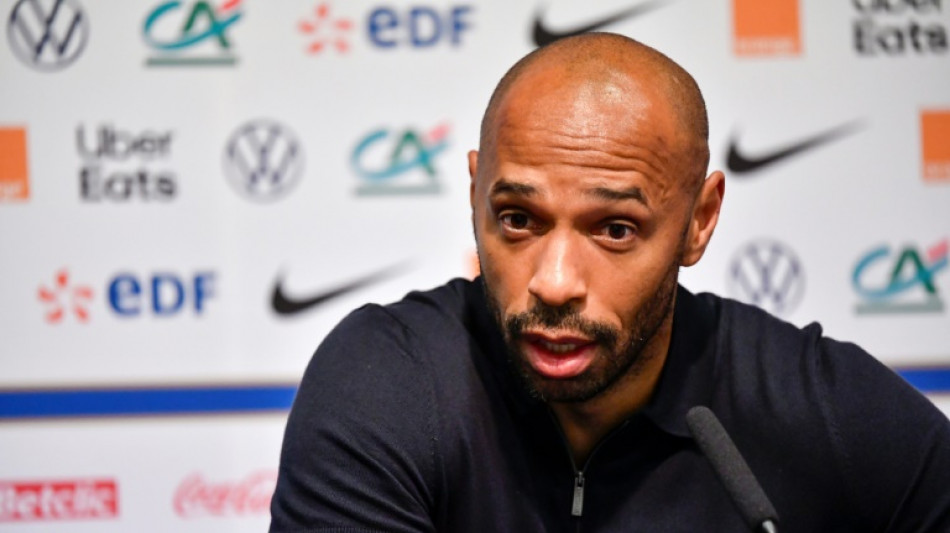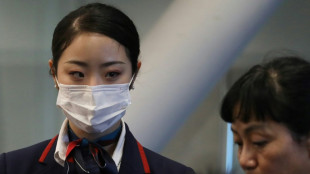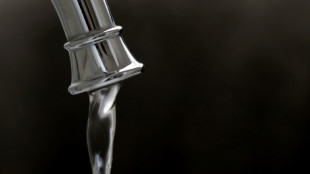

Henry reveals battle with depression throughout his career
Arsenal and France legend Thierry Henry has revealed he suffered with depression during his stellar playing career.
The 46-year-old, who won the World Cup with France and is Arsenal's all-time top goalscorer, told the Diary of a CEO podcast that the coronavirus pandemic made him appreciate his mental health struggles as he cried "almost every day."
Henry has linked that to his past and a search for approval from his father, who was often critical of his performances as a young player.
"Throughout my career, and since I was born, I must have been in depression," said Henry.
"Did I know it? No. Did I do something about it? No. But I adapted to a certain way. That doesn't mean I'm walking straight, but I'm walking. You've got to put one foot (forward) and another one, and walk. That's what I've been told since I'm young.
"I never stopped walking, then maybe I would have realised. (But during) Covid - I stopped walking. I couldn't. Then you start to realise."
Henry was in charge of Canadian side Montral Impact when the pandemic hit, leaving him isolated and on the other side of the world from his family.
"I was in isolation in Montreal, and not being able to see my kids for a year was tough," he added.
"Tears were coming alone. Why I don't know, but maybe they were there for a very long time.
"Technically, it wasn't me, it was the young me. (Crying for) everything he didn't get, approval."
Henry, who is now coach of France's under-21 team, said his father's desire was for him to be "an amazing football player" from the moment he first held his son.
"As a little boy it was always 'you didn't do that well'. So obviously when you hear that more often than not, that's what's going to stay," said Henry.
"(It) did to a degree help the athlete....(it) didn't help so much the human being".
T.Abato--IM




